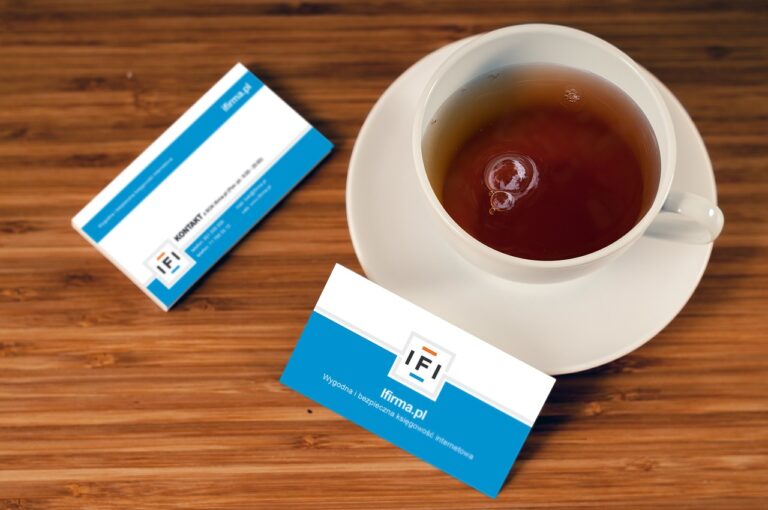Trends in Health Education: Addressing Wellness and Prevention
diamondexch sign up, sky 99 exch, reddy anna book club: Health education is an important aspect of promoting overall well-being and preventing diseases. As trends in health education continue to evolve, it becomes crucial to address wellness and prevention in innovative ways. In this blog post, we will explore some of the current trends in health education and how they are being used to promote wellness and prevent diseases.
The Role of Technology in Health Education
Technology has revolutionized the way we access information, and health education is no exception. With the rise of smartphones, tablets, and the internet, people now have access to a wealth of health information at their fingertips. Health education apps, online resources, and virtual platforms have made it easier than ever for individuals to learn about various health topics, track their progress, and connect with healthcare professionals.
Incorporating technology into health education allows for interactive and engaging learning experiences. Virtual reality simulations, online quizzes, and interactive videos are just a few examples of how technology is being used to educate individuals about wellness and disease prevention. By making health education more accessible and interactive, technology is helping to empower individuals to take control of their health.
Promoting Physical Activity and Nutrition
Physical activity and nutrition are key components of overall health and wellness. As such, health education programs are placing a greater emphasis on promoting healthy eating habits and regular exercise. From nutrition workshops to fitness classes, educators are finding creative ways to encourage individuals to make healthier choices in their daily lives.
One popular trend in health education is the use of gamification to promote physical activity and nutrition. Gamification involves incorporating game-like elements, such as points, badges, and leaderboards, into educational activities. By making health education more interactive and fun, gamification can motivate individuals to adopt healthier behaviors and stick with them long-term.
Addressing Mental Health and Stress Management
In recent years, there has been a growing recognition of the importance of mental health in overall well-being. As a result, health education programs are increasingly focusing on addressing mental health issues and promoting stress management techniques. From mindfulness meditation to therapy sessions, educators are providing individuals with the tools they need to cope with stress and maintain good mental health.
One emerging trend in mental health education is the use of teletherapy and online support groups. These virtual platforms allow individuals to connect with mental health professionals and peers from the comfort of their own homes. By removing barriers to access and providing convenient support options, teletherapy and online support groups are helping to reach more people in need of mental health education and support.
Empowering Communities Through Health Education
Health education is not just about imparting knowledge it is also about empowering individuals and communities to take charge of their own health. In recent years, there has been a shift towards community-based health education programs that aim to create sustainable change at the grassroots level. By engaging community members in the design and implementation of health education initiatives, these programs are able to address the unique needs and challenges of each community.
One example of a successful community-based health education program is the establishment of community gardens in underserved neighborhoods. These gardens provide residents with access to fresh produce, as well as opportunities to learn about gardening, nutrition, and food security. By involving community members in the planning and maintenance of the gardens, this program has not only improved access to healthy food but also fostered a sense of community and empowerment among residents.
The Future of Health Education: Personalized and Precision Medicine
As we look to the future, one of the most exciting trends in health education is the shift towards personalized and precision medicine. This approach recognizes that each individual is unique, with their own genetic makeup, lifestyle habits, and health needs. By tailoring health education and healthcare interventions to the specific needs of each individual, personalized and precision medicine has the potential to revolutionize the way we prevent and treat diseases.
Advancements in technology, such as genetic testing and wearable devices, are making personalized and precision medicine more accessible than ever. These tools allow healthcare providers to gather data on an individual’s genetic predispositions, lifestyle habits, and health metrics, and use this information to develop personalized prevention and treatment plans. By harnessing the power of data and technology, personalized and precision medicine is paving the way for a future where health education is truly tailored to the needs of each individual.
Conclusion
In conclusion, the field of health education is constantly evolving to address the changing needs and preferences of individuals and communities. From the use of technology to promote interactive learning experiences to the emphasis on mental health and stress management, health education programs are finding innovative ways to promote wellness and prevention. By empowering individuals and communities to take control of their health and well-being, these trends in health education are helping to create a healthier and more resilient society.
FAQs
Q: How can I access health education resources online?
A: There are many online platforms and websites that offer health education resources, such as the Centers for Disease Control and Prevention (CDC) website, Khan Academy, and WebMD. You can also download health education apps on your smartphone or tablet to access information on the go.
Q: What are some ways to promote physical activity and nutrition in my community?
A: You can organize fitness classes, nutrition workshops, and cooking demonstrations in your community to promote physical activity and healthy eating habits. You can also partner with local schools, gyms, and healthcare providers to offer wellness programs and resources to community members.
Q: How can I stay motivated to make healthy choices?
A: One way to stay motivated is to set realistic goals for yourself and track your progress. You can also find a workout buddy or join a support group to stay accountable and motivated. Remember to celebrate small victories along the way and be kind to yourself if you have setbacks.







